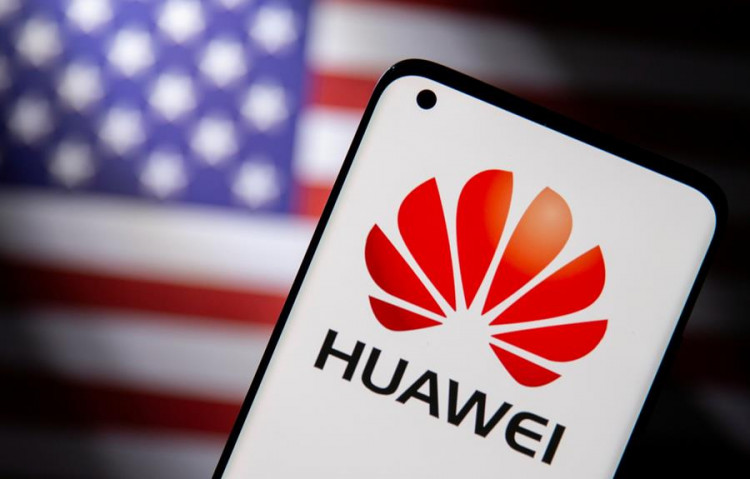In one of three cases revealed on Monday, U.S. authorities have charged two Chinese intelligence personnel with trying to obstruct the criminal prosecution of Huawei. According to federal sources, this case highlights Beijing's "flagrant violation of international laws."
The Department of Justice said in court documents that two Chinese citizens paid a U.S. law enforcement official $61,000 in Bitcoin to learn about the investigation and prosecution of a significant Chinese telecoms company.
A criminal complaint from Oct. 20 that included charges against the defendants Guochun He and Zheng Wang was made public on Monday. The U.S. Department of Justice declared a superseding indictment in February 2020, and the telecommunications provider is a defendant in the ongoing case.
The company isn't specifically mentioned in the lawsuit, but according to a source with knowledge of the matter, Huawei is the one in question. The Justice Department revealed in February 2020 that Huawei had been prosecuted for breaking the Racketeer Influenced and Corrupt Organizations Act in a superseding indictment.
He and Wang are accused of attempting to get sensitive information about witnesses, trial evidence, and any potential new accusations the business might encounter, according to the lawsuit against them.
According to the claim, they attempted to enlist a member of a U.S. law enforcement agency that they believed would assist them in their efforts to spy for China. The accusation claims that the recruit, identified only as "GE-1," was in fact acting as a double agent for the United States while being supervised by the FBI.
Since October 2021, He and Wang allegedly gave the employee US$14,000 in cash and US$600 in jewelry in exchange for what they claimed to be secret information on the Justice Department's investigation and criminal prosecution of the business. When the business was initially charged in 2019, the complaint claims that He and Wang first tried to gain access to confidential information regarding the Justice Department's investigation.
However, in the summer of 2021, their activity intensified as He began to question GE-1 about the specifics of meetings with the U.S. Attorney's Office for the Eastern District of New York as prosecutors discussed jury trial preparations. He was given a piece of paper that appeared to be designated as classified in response to GE-1.
On one page, it was allegedly discussed how federal agents intended to detain two of the company's executives who were headquartered in China. According to the complaint, He gave GE-1 $41,000 in bitcoin in exchange for that page.





